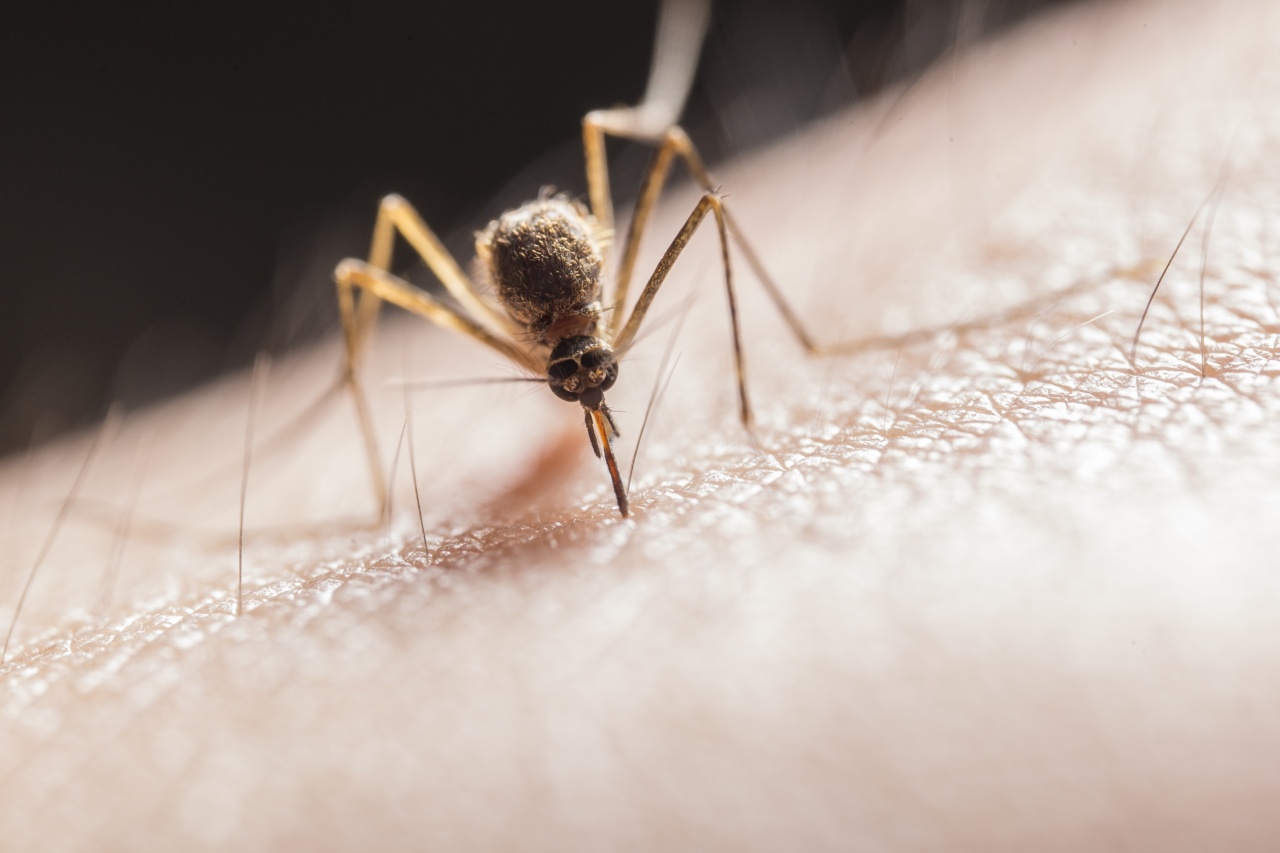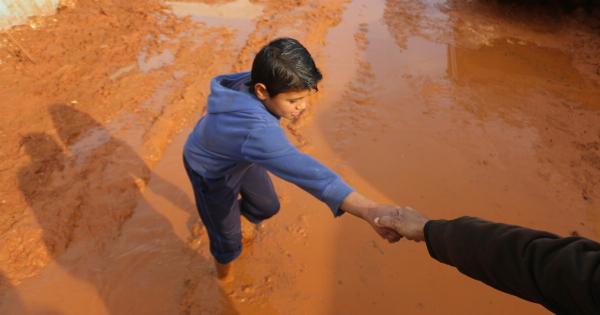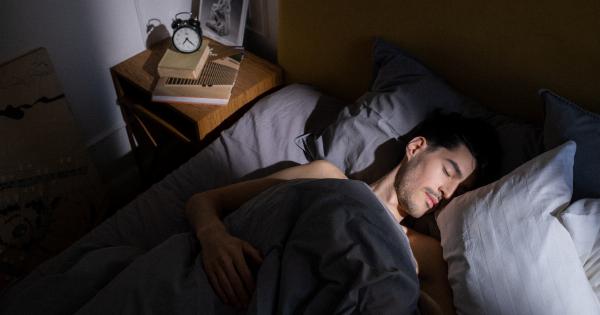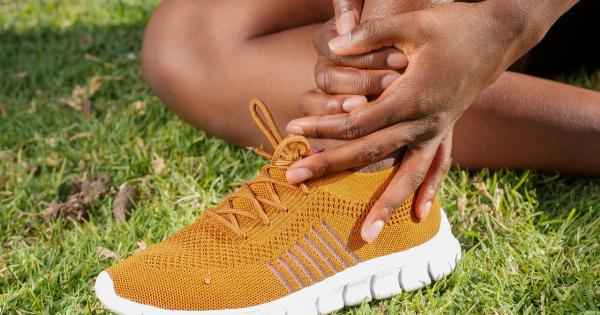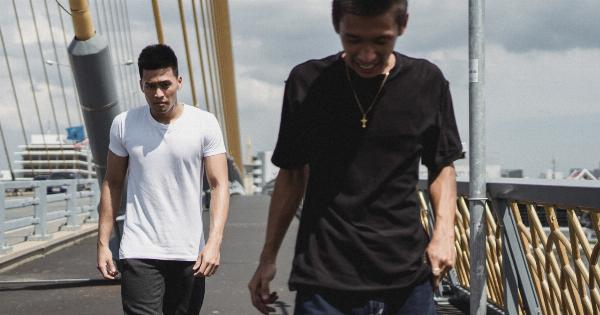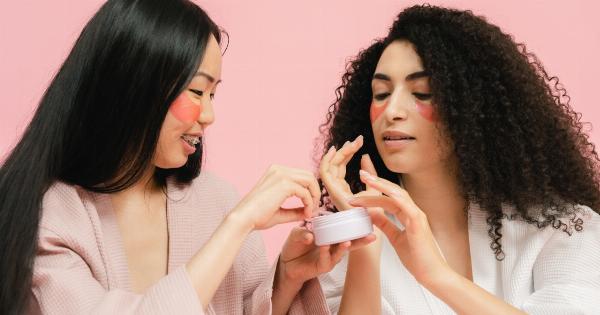Mosquito bites are extremely common. Most people experience no more than mild itching and inflammation that goes away on its own. However, in some cases, mosquito bites can cause more severe allergic reactions that require immediate medical attention.
What Causes the Allergic Reaction?
When a mosquito bites a person, it injects saliva into the skin to prevent blood clotting. In response, the immune system releases histamine, a chemical that causes the characteristic itching and inflammation associated with mosquito bites.
In some people, the immune system overreacts to the mosquito bite, triggering a severe allergic reaction. This is known as skeeter syndrome.
How Do You Know If You’re Having a Severe Allergic Reaction?
The symptoms of a severe allergic reaction to a mosquito bite can appear within minutes of the bite, or up to 24 hours later. The symptoms may include:.
- Hives or welts
- Swelling of the face, lips, or throat
- Wheezing or difficulty breathing
- Rapid heart rate
- Dizziness or fainting
- Nausea or vomiting
- Severe headache
- Fever
- Joint pain
When Should You Seek Medical Help?
If you experience any of the symptoms listed above after a mosquito bite, you should seek medical attention immediately. Severe allergic reactions can be life-threatening and require prompt treatment.
If you have a known severe allergy to mosquito bites, you should carry an epinephrine auto-injector with you at all times. This can help to quickly reduce the severity of the allergic reaction in an emergency situation.
How Is a Severe Allergic Reaction Treated?
The treatment for a severe allergic reaction to a mosquito bite may include:.
- Epinephrine injection
- Antihistamine medication
- Corticosteroid medication
- Oxygen therapy
- Intravenous fluids
If you have a severe allergic reaction to mosquito bites, your doctor may recommend allergy shots (immunotherapy) to desensitize your immune system to mosquito bites over time. This can help to reduce the severity of future allergic reactions.
How Can You Prevent Mosquito Bites?
The best way to prevent mosquito bites is to avoid bites in the first place. You can reduce your risk of mosquito bites by:.
- Wearing long-sleeved shirts and pants
- Applying insect repellent to exposed skin
- Using mosquito nets over beds and sleeping areas
- Getting rid of standing water where mosquitoes breed
- Staying indoors during peak mosquito hours (dusk and dawn)
Conclusion
While mosquito bites are usually harmless, some people can experience severe allergic reactions that require prompt medical attention.
If you experience any of the symptoms of a severe allergic reaction after a mosquito bite, seek medical help immediately.
To prevent mosquito bites, take steps to protect yourself from mosquitoes, such as wearing long-sleeved clothing and using insect repellent.
